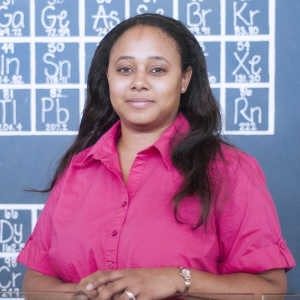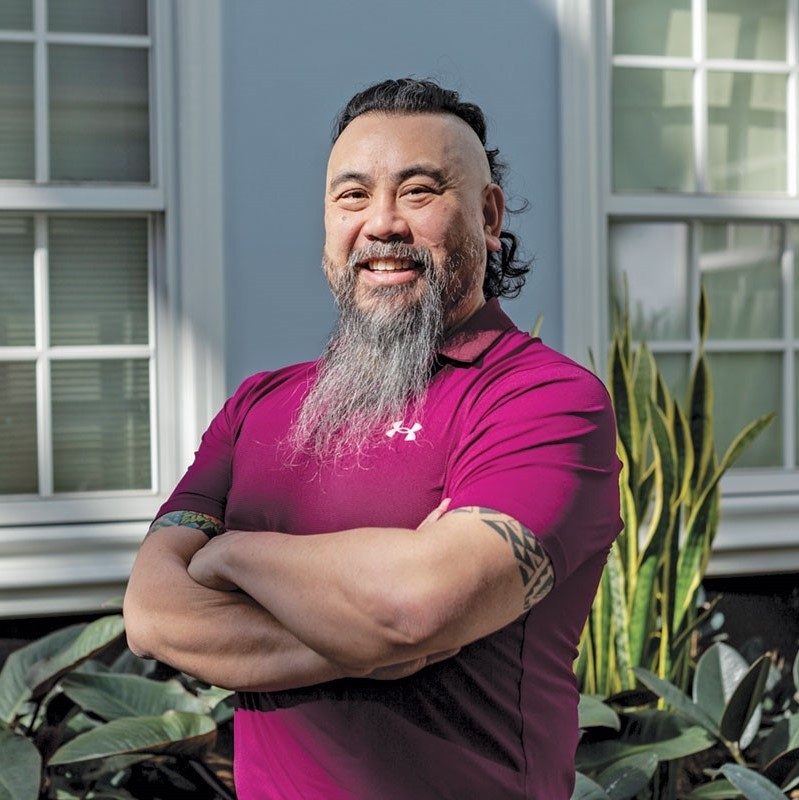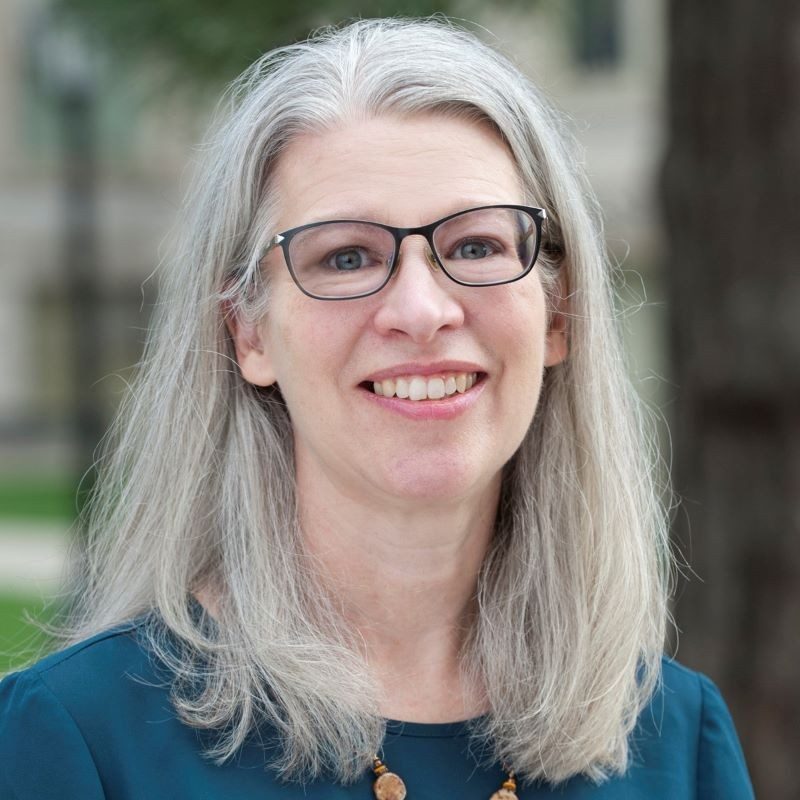by Sarah Derouin for the American Chemical Society
Since 1936, the Committee on Professional Training (CPT) has worked to create guidelines and standards for excellence in chemistry education. As representatives of the American Chemical Society, CPT members periodically review chemistry departments all across the United States to ensure students are prepared for their future careers. Today, around 700 colleges and universities have approved chemistry programs.
Members of CPT represent a broad representation of chemistry professionals, both in a professional and personal capacity. The goals of the CPT program are to build skills and competencies in chemistry graduates that prepare them for their chosen profession. Part of this effort requires CPT members to respond to the emerging trends in chemical education and incorporate these changes into the ACS approval process.
Three CPT members, Deborah C. Bromfield Lee, Benny Chan, and Renée S. Cole, have extensive research and classroom experience in chemistry education. They bring their expertise and passion for advancing education to the ACS Approval Program.
CPT Members have Chemistry Education Chops
Deborah Bromfield Lee, an organic chemistry associate professor at Florida Southern College, first found her passion for chemistry education while she was a Teaching Assistant in graduate school. In addition to her academic work, she previously was a chemist at a start-up synthetic company. Since joining FSC, she has been researching both organic chemistry and chemistry education, often bringing students into her lab.
Bromfield Lee has been on a number of ACS committees in the past, including the ChemEd (CHED) Program Committee, and the Multidisciplinary Program Planning group. She was also the 2021 Florida Section Chair-Elect. When she saw the call for applying for ACS committees, she put her name forward for CPT. “I knew I wanted to be on a committee that I had some strength to be a part of.”
Benny Chan, is a synthetic chemistry professor and department Chair at The College of New Jersey. When Chan is not in the lab creating new compounds with their students, they focus their research efforts on chemistry education. “At the end of the day, what I'm really interested in is diversity, equity, and inclusion,” says Chan.
Throughout their tenure, they saw an opportunity gap for different populations of students and that inspired a switch in research focus. “I’ve gotten to the point where all of my scholarship is now related to diversity, equity, and inclusion.” Chan was named 2019 Educator of the Year by Out to Innovate for his commitment to ensuring the academic success of traditionally underserved students.
Renée Cole is a physical chemistry professor and associate department chair at the University of Iowa. While a postdoctoral researcher, Cole discovered chemistry education research and she embraced the field as her main research focus. Cole says she focuses on discourse analysis, course design, and professional development for instructors.
In 2022, Cole was named the US Representative to the International Union of Pure and Applied Chemistry (IUPAC) Committee on Chemical Education. “Their focus is looking at how we bring evidence-based instruction to more places around the globe to help foster communication with educators, especially in under-resourced countries,” she says.
What Educational Scholars Bring
While CPT has a diverse array of chemists who guide what is needed for tomorrow’s chemistry professionals, it also has members who can speak to the best ways to educate those students. It’s one thing to know the standards you want to see in chemistry graduates —education scholars can help guide how to achieve those goals.
Cole says her research-to-practice expertise aligns well with CPT’s efforts to influence the future of chemistry education. “There's a great painting from probably the 1700 or 1800s, where you've got somebody at the front of the room lecturing in sort of Renaissance dress — somebody's asleep in the corner, you've got a couple of people chattering-- I mean, it just looks like a modern classroom has not changed in the last 200 years.” She says it’s important to ask how to influence the broader community and create a cultural shift in teaching effectively.
Bromfield Lee agrees, adding that the days of standing in front of the class and lecturing are slowly fading. “We know that [approach] does not work for most people. And it primarily does not work for marginalized students: students of color, women, etc.”
But sometimes old teaching habits are resistant to updates. “We don't treat teaching like we do our research,” says Cole. In research, she says scientists look for better methods of synthesis, improve each step of a process, get better at understanding how things work, then use that knowledge to make things better. Cole argues that we need to take that same approach for evolving the way we teach.
Determining good education requires good assessment. Evaluation is straightforward with learning class content, but more nebulous with assessing skills. “Oftentimes when people say, ‘We’re teaching teamwork,’ their way of teaching teamwork just means putting students in groups,” says Bromfield Lee. “They never talk about how students often have a lot of problems working in teams, so how do you encourage that and address problems?”
Cole agrees, adding that just expecting students to gain skills without proper guidance doesn’t work. “Do not expect these skills to happen magically—you need to be intentional about it,” and include skill building into the curriculum.
CPT members recognize that some departments may need help in how to best integrate new ideas about effective education and determine if their efforts are working. Cole notes that it is important for CPT to continue to put together a set of resources for instructors and help them better assess their efforts in teaching. “It’s a perennial issue: are people actually assessing things in a high-level way? What mechanisms do you use? Are you giving students feedback?”
Assessment is important in measuring diversity, equity, inclusion, and respect (DEIR) efforts as well. For example, while Chan frequently leads workshops on DEIR topics, they note that workshops and trainings are not enough for systemic change. “That’s one of the reasons that brought me to CPT: we can come up with policy and procedures to actually enforce and change the landscape of chemistry and how we think about chemical education.”
Specifically, Chan is interested in how departments measure these efforts and how they use this data to inform action. “What I found particularly powerful is a combination of quantitative and qualitative data,” they say. “So figuring out the stories and understanding how and why students are navigating each of our departments the way they are, tells us a lot of information.”
“I think too many schools are focused on quantitative data. They're just pulling graduation rates,” Chan says. “That's an awesome place to start but it doesn't tell you a lot of how and why. I'm really looking forward to continuing to work with CPT and thinking about how to design interventions, to try to push the outcomes to be more equity- and justice-minded.” They add that it boils down to making sure students feel like they belong in chemistry.
Diversity is a Strength
“Our CPT committee has been phenomenal,” says Bromfield Lee, adding that CPT members represent “a little bit of everything,” which is a definite strength to the group. She says that in their meetings, members allow each other to express themselves fully, allowing ideas to flow freely and discussions to be open. “It’s really been great to allow things to progress, which has been fantastic,” she says.
Chan agrees, adding that “the fun is actually sitting down and talking with people that have the same kinds of visions—I think that's been amazing.” Before joining CPT, Chan says they were worried that they’d have to be one to point out instances where inclusivity was missing. “I didn't have to sit there and pick apart everything that we did from a diversity, equity, inclusion lens — I didn't have to do that extra work,” Chan says. “It is really refreshing. It was mostly there.”




